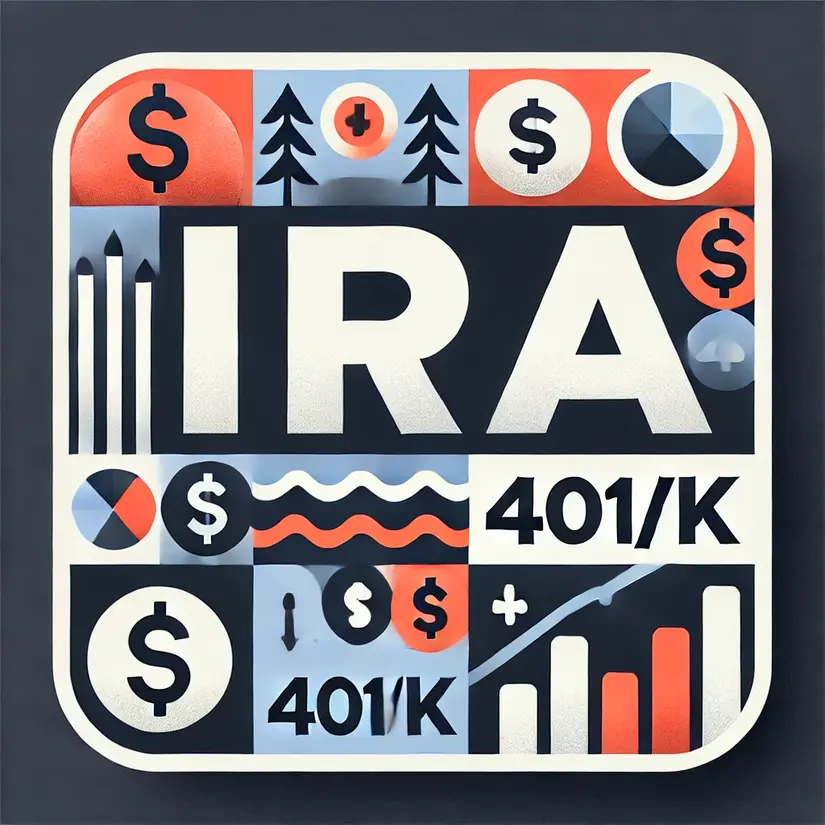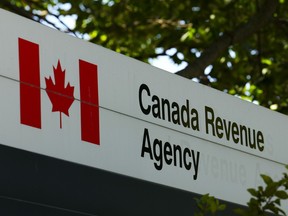In this post, we’ll address the question: are IRA and 401(k) contributions permitted while I am living abroad?
The short answer is yes, but if you wish to know the nitty-gritty, you’ll have to go through our discussion below.
You must know the IRA and 401(k) payment regulations for expats to optimize taxes, plan for a happy retirement, and improve financial management.
If you are looking to invest as an expat or high-net-worth individual, which is what I specialize in, you can email me (advice@adamfayed.com) or WhatsApp (+44-7393-450-837).
Aside from IRA and 401(k), there also other investment options available that can complement your retirement plan.
These might have tax benefits and be easier to handle, depending on the nation in which you live.
My investment partners might be able to help with alternatives here.
Nothing written here is financial, legal, or tax advice and the facts might have changed since i wrote this article.
Can I contribute to an IRA if I live abroad?
In general, earned income with a US source—that is, income liable to US income tax—is necessary to make an IRA contribution.
If they have earned money from sources within the US, non-citizens abroad who are deemed US tax residents, like individuals with green cards or who satisfy the substantial presence test, may be eligible to make contributions to an IRA.
Contributions to an IRA, like those made by US citizens, must originate from wages or salaries; dividends or interest do not count.
Traditional or Roth IRAs can be held by US citizens residing overseas.
IRA contributions could not be permitted, though, if you use the Foreign Earned Income Exclusion to exclude all foreign income. Contributions may be made if the Foreign Tax Credit is chosen over the FEIE.
For legal and compliance reasons, several financial companies with headquarters in the US could not allow non-residents to open or keep open individual retirement accounts.
Pros and cons of investing in individual retirement account abroad
Significant tax benefits are provided by tax-free earnings and withdrawals from Roth IRA contributions throughout retirement. Additionally, by reducing your taxable income in the US, these payments can provide for tax-deferred growth.
You can keep saving for retirement even if you live abroad by making investments in an IRA.
By utilizing any matching contributions your company may give, you can boost your total savings potential by accumulating additional retirement savings.
Your investment results may be negatively impacted if you invest in international stocks or funds and are subject to foreign taxes that the foreign tax credit does not fully offset.
Moreover, you may not get the most out of your restricted annual contribution space if you use your IRA funds for low-yielding investments like certificates of deposit rather than options with superior growth prospects.
Can I contribute to 401k if I live abroad?
401(k) plans are retirement savings vehicles sponsored by employers.
Generally, in order to take advantage of such scheme, you must work for an organization that sponsors it.
If your employer is situated in the US, you could still join a 401(k) program even though you live and work overseas. Nonetheless, a large number of foreign employees work for companies that do not offer this choice.

Typically, 401(k) contributions are taken out of your paycheck. For this setup to work, you have to be paid in the United States. It may be more difficult for you to make pay into the scheme if you are employed by a US company but receive your salary through a global payroll.
Making contributions while living offshore tend to be more difficult for expats. The likelihood of double taxation might also present difficulties since foreign earnings of an expat are treated differently than they are under US tax regulations.
Benefits and disadvantages of 401k contributions offshore
Payments for an IRA can significantly lower your total tax liability, which is especially helpful if you live in a low-tax area.
You still have the same access restrictions to your IRA money when you’re living overseas as US citizen. But depending on where you live and any applicable tax deals, the consequences of paying into and withdrawing from an IRA might be complicated.
If you live in a high-tax nation and make contributions to a US retirement account, you may be subject to dual taxes, which could offset the benefits of your contributions.
As an expat, it might be difficult to contribute to the scheme because you usually need to work for a US-based employer that offers the plan.
Further complexities may occur if your nation of residence and the US have different tax laws regarding contributions and distributions.
Contributing to 401k vs IRA while abroad
It can be difficult for foreigners to contribute to a 401(k), but IRAs are more flexible, albeit there are limitations on what income is excluded and what qualifies for a Roth IRA.
Because different nations offer different tax benefits, expats should carefully consider the cross-border tax consequences of IRA and 401(k) accounts.
Bottom Line
Though it might be complicated and dependent on various aspects like tax residency, work status, and financial institution policy, non-US residents living overseas may be able to contribute to US-based retirement plans under certain circumstances.
It is preferable to deal with IRA and 401(k) contribution issues and decide on the optimal retirement savings approach by speaking with a financial advisor or tax specialist who specializes in offshore settings.
Pained by financial indecision? Want to invest with Adam?

Adam is an internationally recognised author on financial matters, with over 760.2 million answer views on Quora.com, a widely sold book on Amazon, and a contributor on Forbes.




















Discussion about this post